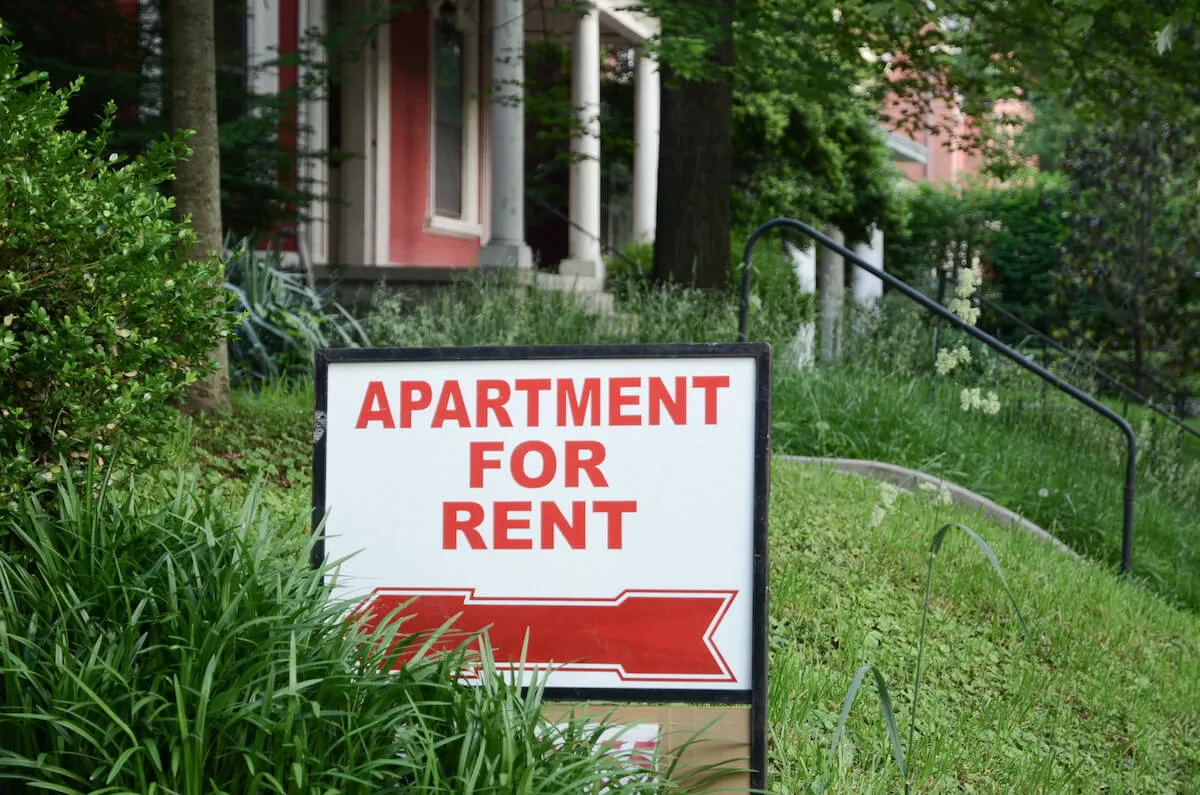
Image via Shutterstock
There isn’t a single county or major metropolitan area where the minimum wage is remotely close to what is needed to afford a two-bedroom apartment.
The average minimum wage worker in Pennsylvania would have to work 106 hours per week to afford a two-bedroom rental apartment, according to a new report from the National Low Income Housing Coalition (NLIHC).
The state’s affordable housing market is so limited that the group’s annual Out of Reach report, released Tuesday, found that there is not a single place in Pennsylvania where someone working a minimum wage job can afford to rent a two-bedroom apartment without spending more than 30% of their income on housing. This struggle disproportionately affects women, who make up 79% of the state’s more than 90,000 residents who earn the minimum wage of $7.25 per hour or less.
While numbers vary across the state, there isn’t a single county or major metropolitan area where the minimum wage is remotely close to what is needed to afford a two-bedroom apartment. The majority of minimum wage earners can’t even afford a one-bedroom apartment without spending nearly two-thirds of their income on rent.
That crunch is particularly apparent in Pike County, where workers would need to earn $19.02 per hour, more than two and a half times the minimum wage, to afford a one-bedroom rental without spending more than 30% percentage of their income on rent. Assuming a 40-hour work week, minimum wage earners in the region would currently be forced to spend nearly 80% of their income to afford rent on a one-bedroom apartment.
It’s not just minimum wage workers who struggle with affordability though, many of Pennsylvania’s nearly 1.6 million renter households, who earn on average $15.90 per hour, are also spending a significant percentage of income on their rent. The state’s fair market rent for a two-bedroom rental is $1,000, meaning workers would have to earn $19.23 per hour to afford a two-bedroom rental home.
This struggle is amplified by the fact more than 28% of the state’s renters are extremely low-income and the state suffers a shortage of 276,250 affordable and available rental homes for those renters.
The coronavirus pandemic and resulting economic collapse have only exacerbated the housing issue, as hundreds of thousands of Pennsylvanians have lost their jobs and face the prospect of evictions. While the federal government has been slow to act and provide substantial help for renters, Pennsylvania Gov. Tom Wolf last week extended the state’s eviction moratorium through August 31, providing immediate relief. But those renters, many of whom were already struggling to afford rent before the pandemic, may find themselves out of options once those protections expire.
NLIHC President and CEO Diane Yentel on Tuesday called on Congress to act to prevent the housing crisis from growing worse.
“Housing is a basic human need, but millions of people in America cannot afford a safe, stable home,” Yentel said in a statement. “The harm of this enduring challenge is laid bare during the COVID-19 pandemic, when millions of people in America risk losing their homes. The lack of affordable homes for the lowest-income people is one of our country’s most urgent and solvable challenges, during and after COVID-19; we lack only the political will to fund the solutions at the scale necessary. It’s time for Congress to act.”
Politics

Influencers and creators find new ways to engage young Philadelphia voters
Rec Philly, a space for creators and influencers, teamed up with Show Up Strong to get hundreds of young Philadelphia residents engaged in the...

New Biden rule protects privacy of women seeking abortions
Under the new rules, state officials and law enforcement cannot obtain medical records related to lawful reproductive health care with the goal of...

Biden marks Earth Day by announcing $7 billion in solar grants
The Biden administration on Monday announced the recipients of its Solar For All Program, a $7 billion climate program that aims to lower energy...
Local News

Conjoined twins from Berks County die at age 62
Conjoined twins Lori and George Schappell, who pursued separate careers, interests and relationships during lives that defied medical expectations,...

Railroad agrees to $600 million settlement for fiery Ohio derailment, residents fear it’s not enough
Norfolk Southern has agreed to pay $600 million in a class-action lawsuit settlement for a fiery train derailment in February 2023 in eastern Ohio,...






